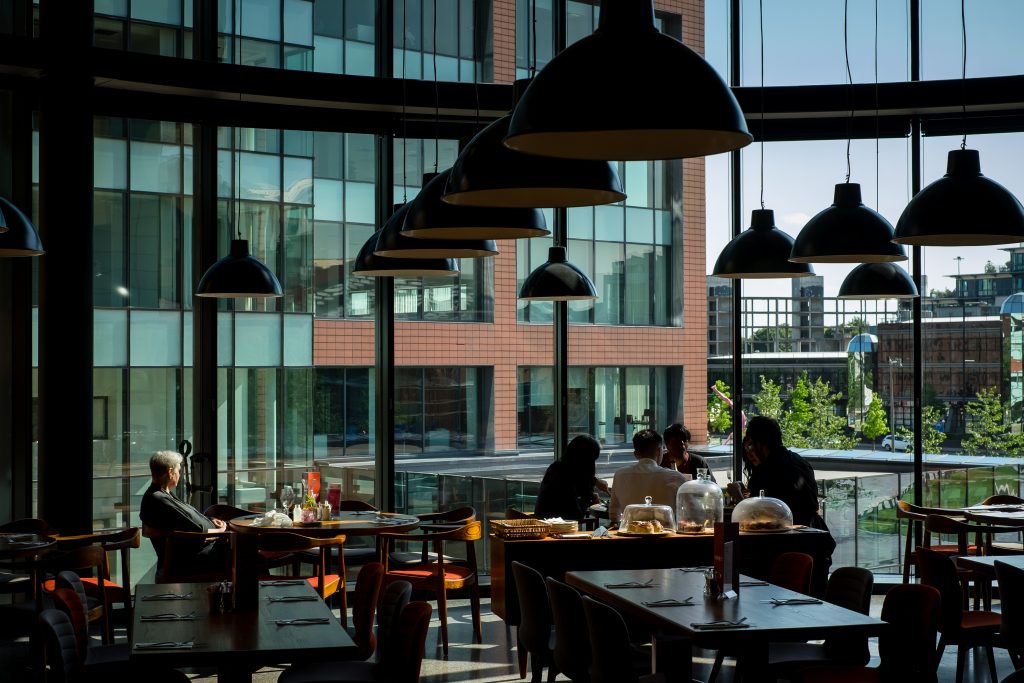
MA Visual Anthropology: Postgraduate study at 24 frames a second
What is it like studying the course?
It is a very interesting course, and it is well structured and informative. It is a mixture of Anthropology and filmmaking which explores how Anthropological principles can inform documentary film, both within academia and television. It is designed for people who have no experience in Anthropology and those who have studied it at undergraduate level. It is also designed for people who have no experience in Film and those who do.
What are your favourite modules?
I only do three modules and all of them are equally important and work to create an intersectional understanding of the discipline that is Visual Anthropology. Vision, Sense and Memory explores the Anthropology of the body and senses and how this can be explored through ethnography and used to enhance film and social research. Screening Culture is an overview of key history and film styles within Visual Anthropology; discussions of whether they should continue to be used, and how they impact the discipline. Ethnographic Documentary is a practical course of workshops which can be split into three categories. First, we learn to use the camera, film and gain valuable feedback. Second, we learn to edit film and create narratives. Third, we discuss the theoretical underpinnings of film techniques and their uses. It mostly focuses on an observational style of filmmaking with the second semester expanding upon styles beyond this. For those who have not studied Anthropology before, there is a Key Approaches module which provides theoretical background in Anthropology too.
How was your first semester?
The first semester has gone well, with a manageable workload and interesting classes and readings. Engagement with the course outside of teaching hours is key but that is part of the fun. The classes have been intellectually challenging. I love the course so far, and even with assessment season looming, I am still so excited to learn and do more. Getting access to good quality camera and sound equipment through the university is one of my favourite elements, as it means we get the unique opportunity to learn without worrying about camera quality and cost outside of the tuition fee.
What does a typical week look like for you?
A typical week for me is busier than most other masters with about seventeen hours of contact time, if all of it occurs. I have two tutorials which last anywhere between an hour to an hour and a half and two lectures which last two hours. The workshops last typically for three to four hours. Some of that is practically going out to film and some of it is doing theory in the classroom. Breaks are given in all classes too, so they are not as long as timetabled often. Outside of that there are readings and, perhaps most importantly, films to watch. Editing films takes a lot of time but usually we only do this about four times a semester.
By Althea Eccles (they/he) MA Visual Anthropology student






0 Comments